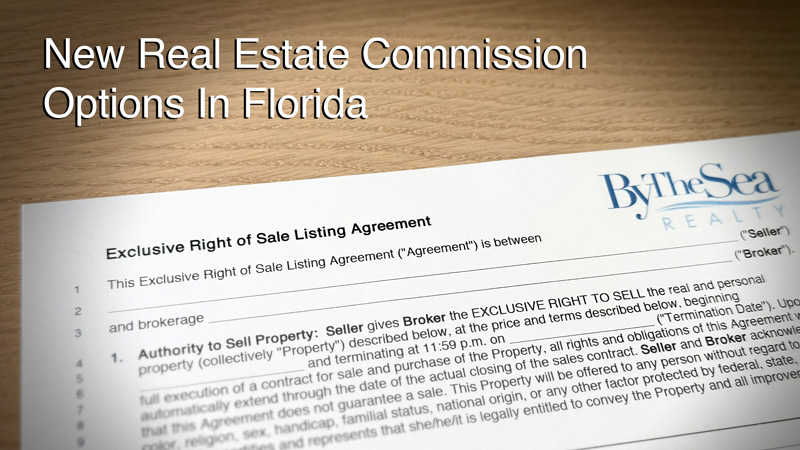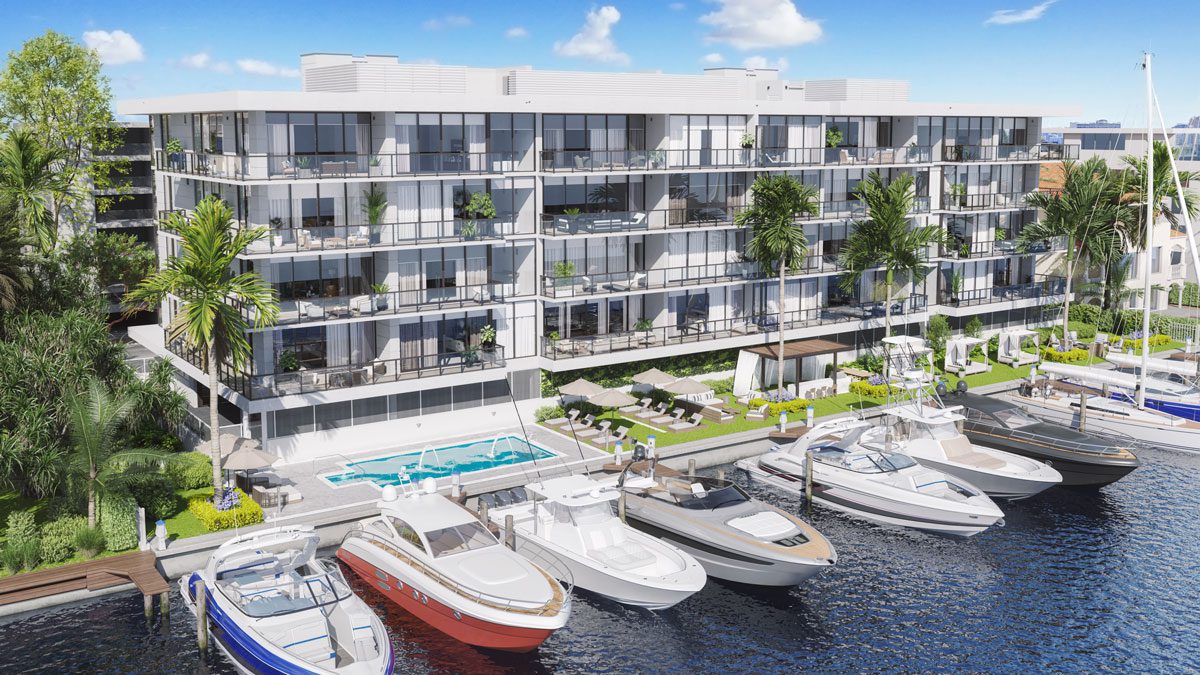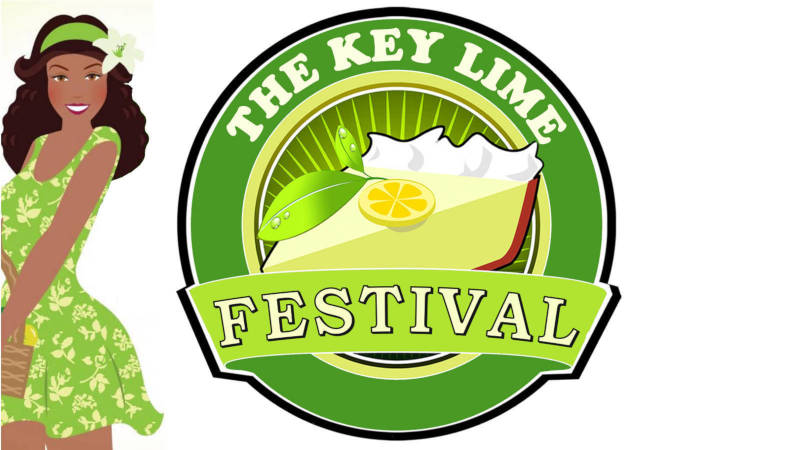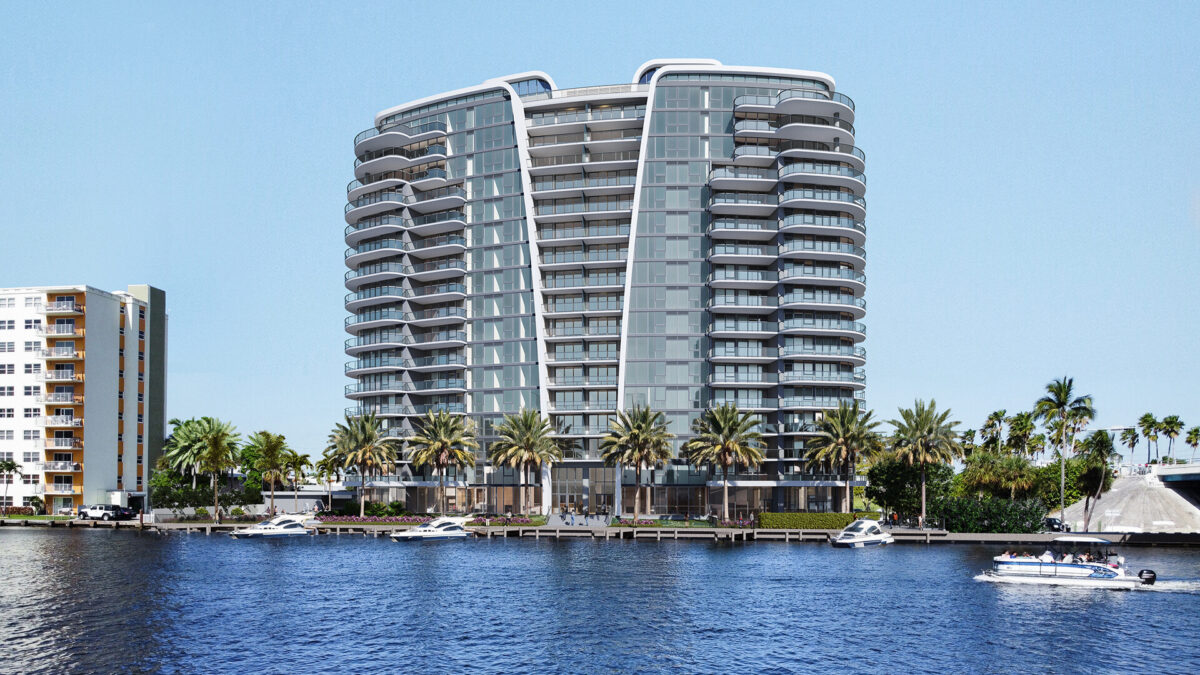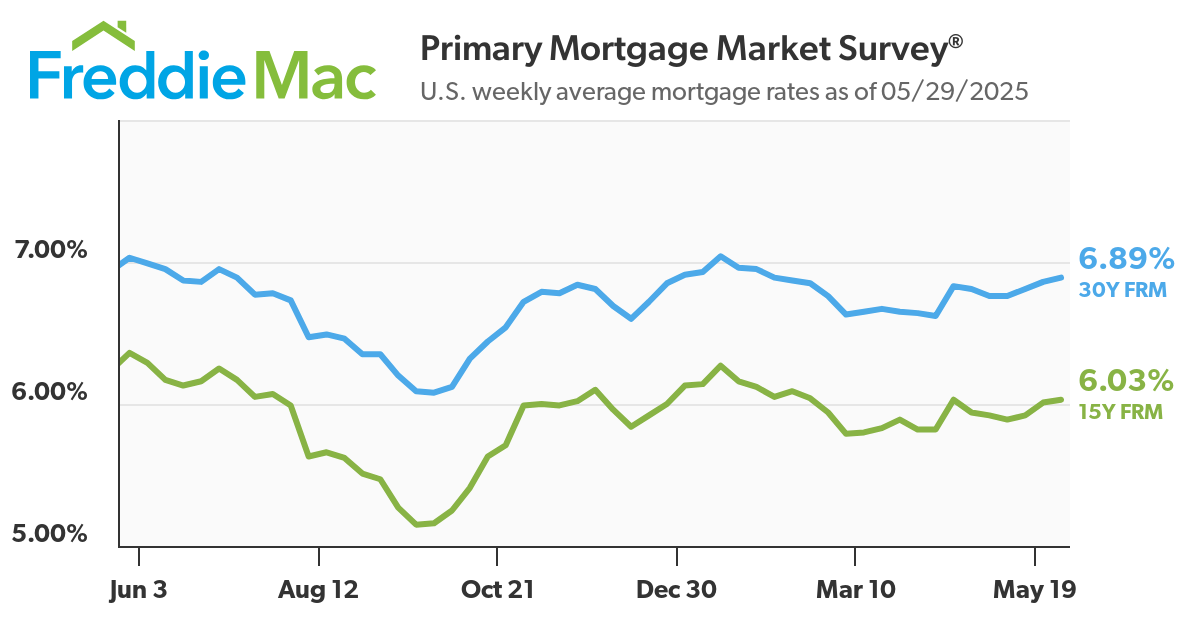If you’re a buyer in the real estate market right now you’ve already discovered that it is almost impossible to avoid properties in foreclosure. There are an abundance of short sales and banked owned (REO) properties in our marketplace and that is not likely to change anytime soon. Your agent has probably warned you about the downfalls to buying these properties or perhaps you have learned that the hard way. I don’t want to discourage anyone from considering these properties for purchase, but I cannot stress enough how important it is to have a professional real estate agent on your side. You can sometimes get a great deal on a short sale or REO, but you can also waste a lot of time and money if you are not careful.
Pros and Cons: Buying in Each Phase of Foreclosure
You can read all the details of the Florida Foreclosure process on our web site if you are interested, but this post will focus on the buying opportunities in each phase of foreclosure. Keep in mind, every property and every situation is different, and each presents their own challenges.
SHORT SALE: When a homeowner misses a few payments they are in default and the lender will usually file a lis pendens or “suit pending” with the county court. In some cases these homeowners have already put their house on the market and you may purchase the property just like any other property for sale. If the homeowner owes more than the property is worth (they are underwater), then you may be able to purchase it as a short sale with approval from their bank(s). More often than not the homeowner does not take any action and will not put their property on the market for sale. If they are not underwater then you and your agent may approach them with an offer to purchase and potentially help them to avoid foreclosure. However, this tactic is almost impossible if the property is underwater because the bank will usually require that the property be listed for sale on the open market before they will approve a short sale. A good agent can find the debt information on any property and identify the best opportunities. Short sales are your first opportunity to buy a foreclosure property while it is still occupied and in good condition (in most cases).
Short Sale Pros:
- Properties are typically still owner occupied and in good condition
- Banks may be willing to consider approving a sale less than market value
- Not as competitive since many buyers don’t have the patience for short sales
Short Sale Cons:
- Bank approval can take many months and may ultimately fall through
- Many properties have multiple liens and loans, any of which can blow the deal apart
- Knowing which short sales to consider can be difficult (get a good agent)
FORECLOSURE AUCTION: If the homeowner does not successfully sell their property before the bank forecloses then you may be able to purchase the property at foreclosure auction. Public auctions take place regularly at county courthouses, but online auctions are becoming more common in places like Broward County. If you have cash and want to buy a property at foreclosure auction you can register at the county web site and attempt to purchase any foreclosure property for sale. BE CAREFUL, these auctions are recommended for professional investors only and if you don’t know what you are doing you can easily get into trouble. Foreclosure sales are final and “as-is”, no warranties or refunds!
Foreclosure Auction Pros:
- Good deals available for professional investors
- Less competition
Foreclosure Auction Cons:
- You need cash
- Properties are “as-is” with limited opportunity for due diligence
- Banks often bid on their own properties in order to sell them as REOs
BANK OWNED PROPERTY (REO): REO is a bank acronym for “Real Estate Owned”. Banks may bid on properties themselves that they foreclosure on and in many cases they are the winning bidder. When this happens the bank will take the property into their inventory and put it back on the market for sale. Sometimes it can take months for the property to reappear on the market and in many cases they can be in poor condition. This is your last opportunity to buy a foreclosure property and depending on the price range, buying these properties can be challenging and competetive. Be sure you know your market values. Amateur investors may bid these properties up and in some cases end up paying more than the property is worth.
REO Pros:
- REO properties are often the best deals in the marketplace
- Closing times are typically quicker than short sales
REO Cons:
- REO properties are typically in worse condition than competing short sales and non-foreclosure properties
- Banks are not willing to make repairs in most cases
- Banks can be difficult to negotiate with
- REO is the most competitive segment of the foreclosure market, especially in the lower price ranges
Bottom line – Our foreclosure market presents buyers and investors with many opportunities, but approach them carefully and strongly consider the services of a full-time real estate agent. After all, most buyer agents get paid by the seller (or the bank), so you have nothing to lose by working with an agent. Contact us for a no-obligation meeting to discover how we can help you navigate our challenging foreclosure market.
